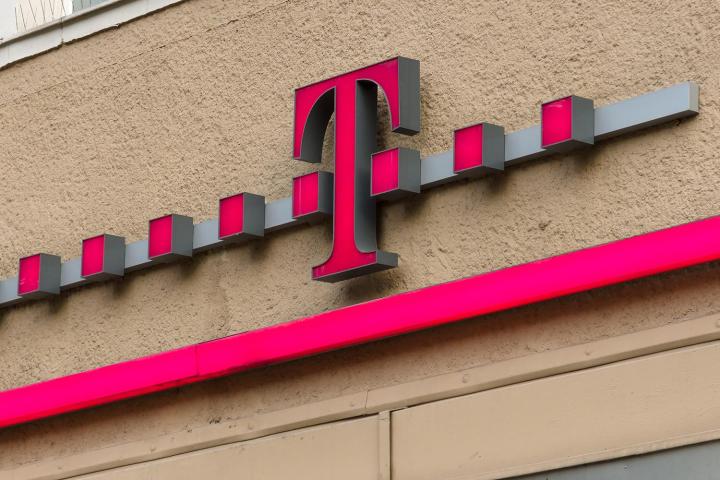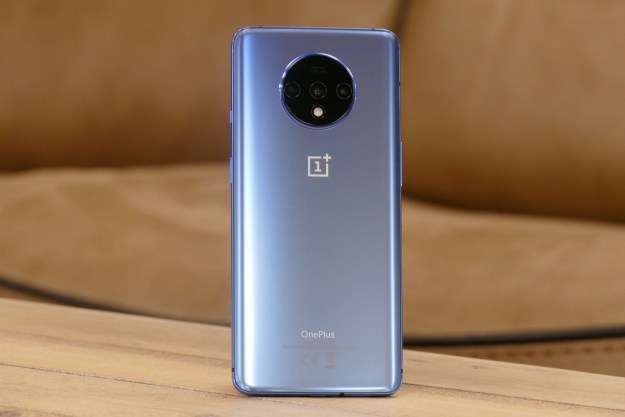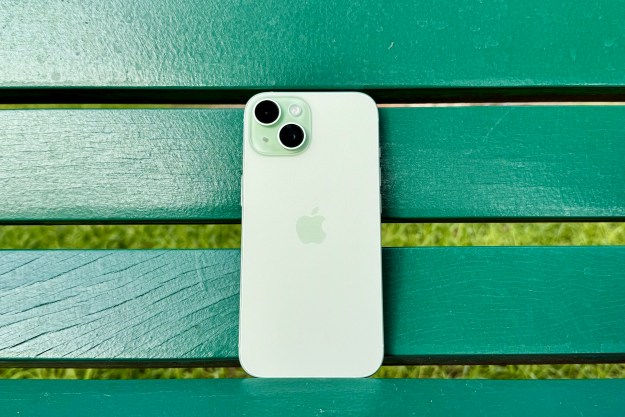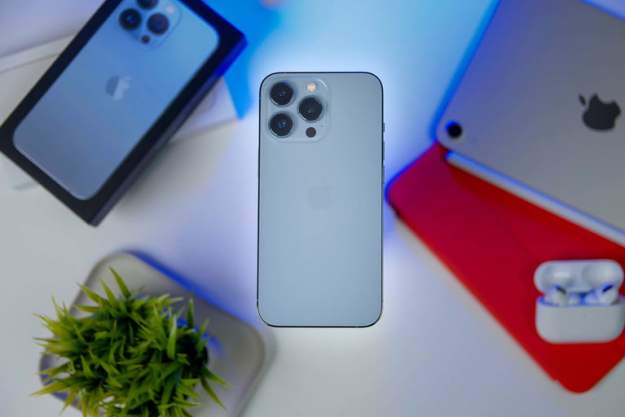
Most of that money will go back to customers who can prove that T-Mobile fraudulently billed them for extraneous charges for things like horoscopes, celebrity gossip texts, and other services. As part of the settlement, the Uncarrier must inform all its customers of the refund program. Although T-Mobile CEO John Legere originally called the FTC’s allegations of cramming charges “unfounded and without merit,” the company has since changed its tune dramatically.
“Consumers deserve affordable access to mobile broadband from their carrier of choice no matter whether they’re at home or on the road,” T-Mobile said in a statement published by Recode on Friday. “We commend the FCC for taking this important step to promote competition by facilitating reasonable data roaming rates for all carriers and their customers.”
For its own part, the FTC declared the recouping of customers’ funds a major step forward for consumers, and proof that the government won’t let unethical business practices in the wireless industry go unpunished.
“Consumers should be able to trust that their mobile phone bills reflect the charges they authorized and nothing more,” FTC Chairwoman Edith Ramirez said in a statement.
At this point, Verizon is the only major U.S. carrier that the FTC hasn’t sued over cramming charges. The FTC will reportedly fine Sprint $105 million for duping customers. Now that AT&T and T-Mobile have settled with the commission, it seems likely that Sprint will, too.
Editors' Recommendations
- T-Mobile just set another 5G speed record
- Here’s another big reason why T-Mobile 5G dominates AT&T and Verizon
- Does the OnePlus 10T have wireless charging? What you need to know
- T-Mobile lures subscribers with 500GB of Google One cloud storage for $5 a month
- T-Mobile-Sprint merger jumps another hurdle with official FCC approval


